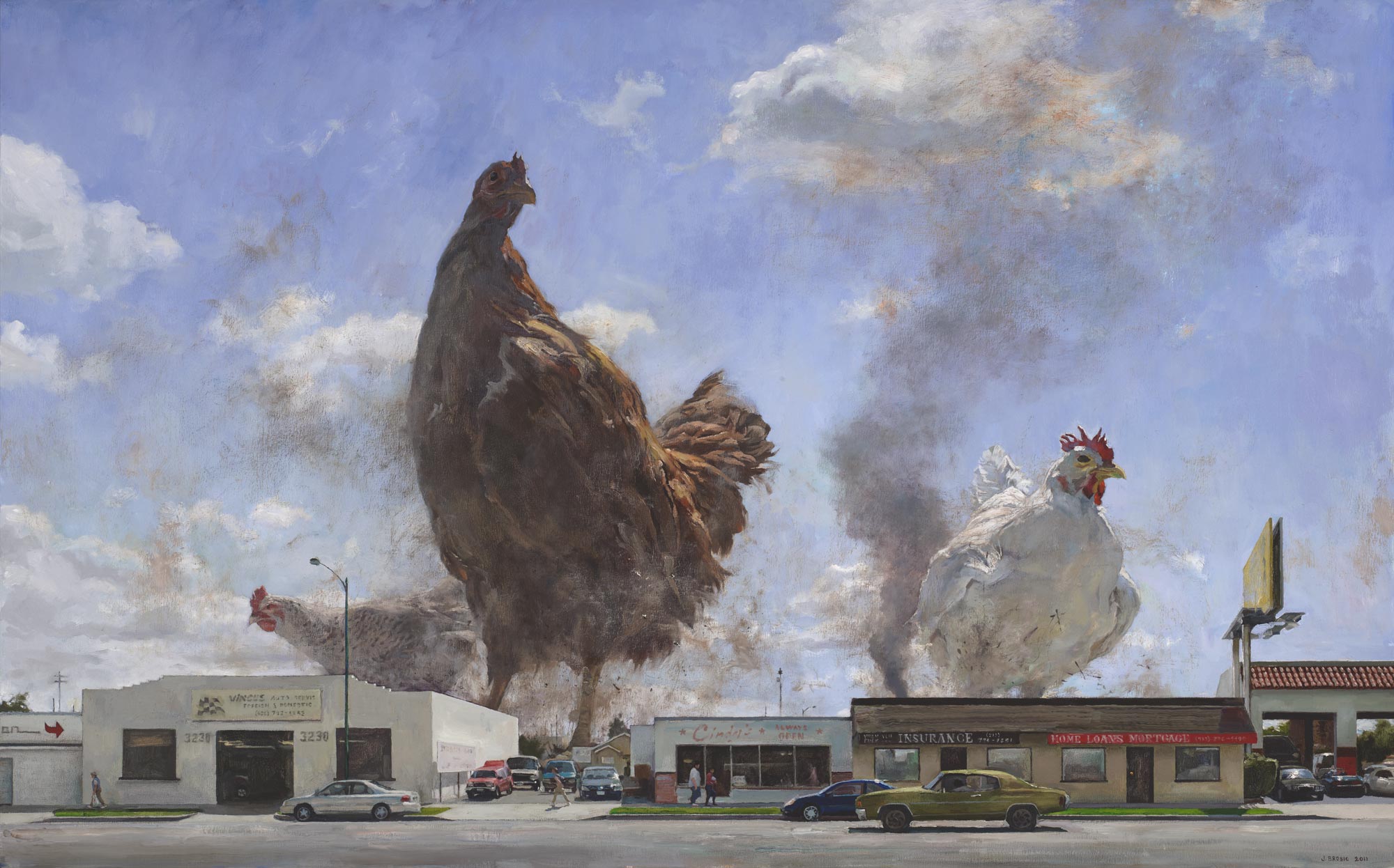Source: Food
Category Archives: Food
Food
30. V 2016 It is mushroom season Porcini & morels 10. IV 2016 A commodity like no other While imposing the globalization of agriculture on the Third World economies, developed countries …
Source: Food
A commodity like no other
10. IV 2016
While imposing the globalization of agriculture on the Third World economies, developed countries are taking a great care to maintain their own food self-sufficiency. The West has never abandoned this policy and with systematic financial support for their own farmers (in Europe, this support accounts for more than half of the entire European budget), it is blatantly violating the free-market economy rules it is trying to impose globally. In this process, many countries are kept in a state of postcolonial dependence and are becoming increasingly vulnerable to market fluctuations (e.g. starvation in Haiti and Ethiopia as a consequence of higher prices of corn due to biofuel usage).
The following three examples give a sample of strategies that have been employed in the past. The methods range from outright bullying in the global markets, to stalling tactics when it comes to financial aid measures.
1) The bulk of the economy of the African county of Mali is based on two commodities, cotton in the south and cattle in the north. Mali produces top quality cotton. However, it can not compete on the global markets because the financial support of the US government to its own cotton farmers exceeds more than the entire state budget of Mali. The cattle industry suffers a similar handicap as the European Union’s subsidy for every single cow (around 500 Euros) is higher than GDP per capita of Mali.
2) West has been continuously pressuring African countries into dropping government subsidies for fertilizers, improved seed… Without subsidy, agriculture could no sustain itself based on the domestic market alone. In that way, the western pressures opened the way for the best land to be used for export crops ruining these countries’ capacity to be self-sufficient in food production. This led to integration of local agriculture into global economy: as more domestic crops were exported, countries had to rely increasingly on imported food while farmers thrown off their land were forced into slums, where the only work available was in outsourced sweatshops.
3) To put things into perspective in terms of scale, priorities and timing, compare $700bn spent on stabilization of the banking system in the US with $22bn pledged (by the rich nations) to help develop poorer nations’ agriculture, out of which only 1/10th ($2.2bn) has been made available so far.
The circle of postcolonial dependence is closing again
Systematic extension of these strategies is spreading globally with large international companies (from Korea, Saudi Arabia etc.) leasing long-term arable land in undeveloped areas. By investing in infrastructure, these companies will create jobs for the locals and, at the same time, secure the consumers for their products as they will spend that money on “imported” food farmed on their own land. The proponents of the new world order use this part to argue that the lack of food is in itself and indicator of progress, since people in fast developing third-world countries earn more and so can afford to eat more. However, this new demand causes withdrawal of supply from millions in the countries lacking such fast growth.
Unlike other commodities whose abundance or scarcity can be converted into quality of life upgrade or downgrade, basic resources like food, water and energy are a matter of survival whose absence at some point could have irreversible effects on the entire economy. The list of products and services which, like food, are not commodities like others extends further including defense, the environment as such, culture, education, health etc. Substantial fluctuations and otherwise normal market uncertainties in prices of these resources can not be tolerated and decisions regarding their accessibility can not be left to the market. By extension of this argument, the free market should be left to rule only inessential products (toys, cosmetics, clothing,…).
From production to rent economy and the growing scarcity premium of the basic resources
We are approaching a global state in which the potential scarcity of basic resources like energy, water and food, would become the determining factor in international politics. A proper approach to these problems can not be addressed as a short-term issue. It is unlikely to be handled by any regulations, but rather with a long-term agenda in mind and out of the realm of free-market economy.
With the advancement of technology, the production costs are likely to continue to decline, but the price of basic resources (like other technology related products) need not decline in tune with production costs (e.g. the price of oil does not reflect its production costs). Rather, the economy in this area will evolve from production to rent based. The consumers of the basic resources (in this case the entire planet) are likely to pay a rent premium to the owners of these resources and this scarcity premium is likely to continue to grow due to their diminishing supply.
